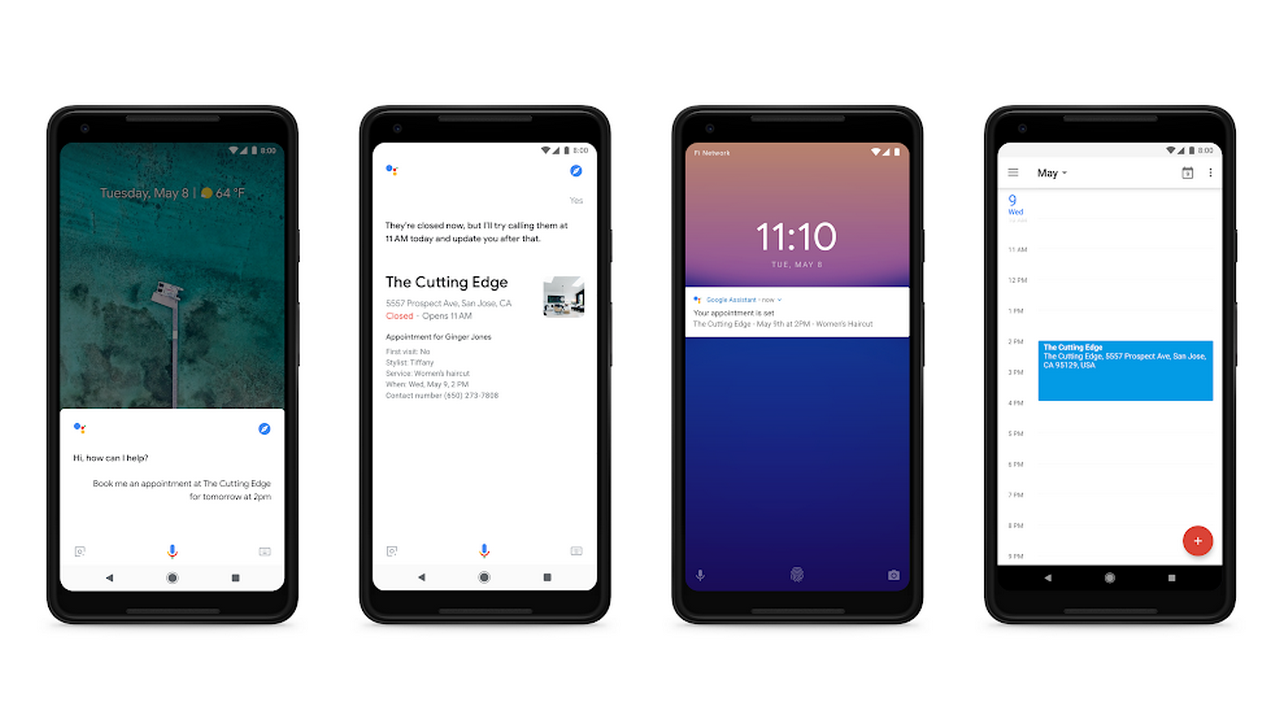Google just demo-ed Duplex, a powerful upgrade to the Google Assistant, that could potentially revolutionize both our personal productivity as well as the expectations we have of AI in our lives.
In this demo, the bot not only makes an appointment at a salon but also has a complex interaction with someone at a restaurant and is able to showcase human-like dexterity. As Google supercharges our Assistants with more and more AI here are a few things to ponder –
1. How far behind is Siri now? The ball is in Apple’s court and it needs to prove that it can still compete with Google and Amazon on this front. Facebook and Microsoft seem to be irrelevant here.
2. What will we choose to do with the time savings that result from all of us having smart assistants? I suspect the vast majority will invest it into YouTube or Netflix.
3. Majority of routine and procedural communication (say with banks or telcos) will no longer involve humans and instead be bot-to-bot based on our instructions. What will be the security and privacy consequences of such interactions?
4. Google is seriously committed to indexing all the world’s information and voice is just another frontier. Mixed Reality and IoT already allow the indexation of the visual and physical mediums. Biological and genetic systems will be next. What’s after that?
5. Businesses will in the near future face a choice to route voice support either via Google or Amazon. At this point, Google is winning with its comprehensive analytics and knowledge graph which will produce a trove of insights for businesses to gain efficiencies. This is where Google’s next few billions will come from.
This article was first published on Knowledge Officer/Medium and was written by Sartaj Anand. Sartaj is an entrepreneur with an unreasonable dream to positively impact 1 billion human lives within his lifetime. He currently operates his holding company — egomonk — which has interests in consulting, media, events and travel. Sartaj considers himself a global citizen and has travelled, worked and co-created in more than 50 countries so far.







Comments (0)